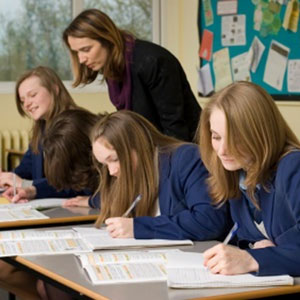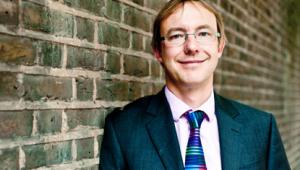By Mark Smulian | 25 October 2011
Public spending on education is set for its most sustained fall for more than 50 years, the Institute for Fiscal Studies said today.

Spending grew by 5.1% a year in real terms in the decade to 2009/10, the think-tank says, but is now set to fall by 3.5% a year to 2014/15.
This is a rate of decline not seen since the 1950s, according to the IFS report, Trends in education andschools spending.
It means the share of national income devoted to education will fall from 6.4% to 4.6%, almost bringing it back down to the 1999 figure of 4.5%.
The IFS said schools would receive the smallest real-terms cut in revenue, at about 1%.
Higher education would suffer the most, losing about 40%. But it added that the changes to tuition fees would ‘increase total resource spending – via public and private contributions – on higher education’.
Capital spending would more than halve with the end of the Building Schools for the Future programme, and revenue spending on early years, the 16–19 age group and youth services were all set to fall by 20% in real terms.
The IFS said the pupil premium payments, for schools with disadvantaged children, would add some £2.5bn by 2014/15 to the budgets of these schools, the only category that would experience a real-terms funding increase.
Christine Blower, general secretary of the National Union of Teachers, said: ‘Despite the government’s claims to have protected school funding, most schools will see real-terms cuts.
‘Education cuts don't heal – they cause massive social and economic costs. We call on the government to reverse its cuts programme and to invest in education to give us the skills we will need for economic recovery.’
A Department for Education spokesman said the pupil premium would give schools an additional £488 for each child eligible for free school meals.
He defended the cuts to capital spending, saying: ‘An independent review showed that taxpayers’ money was being wasted on red tape and consultants, not on building schools. Our new plans will build schools cheaper and quicker than before.’





















